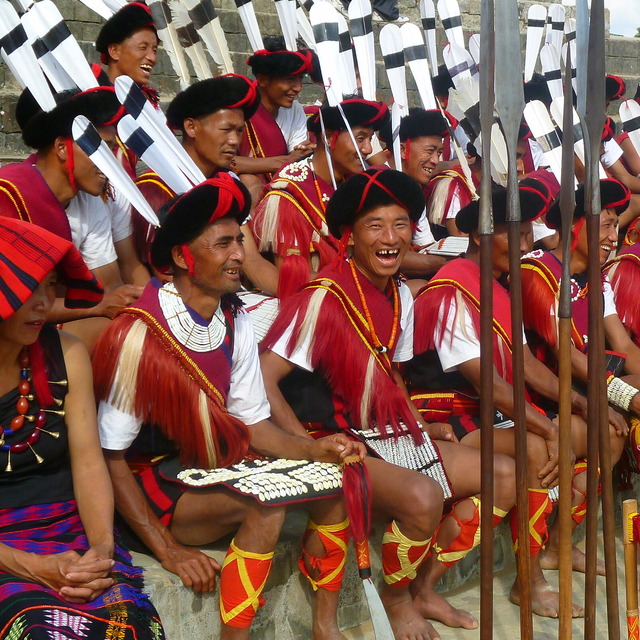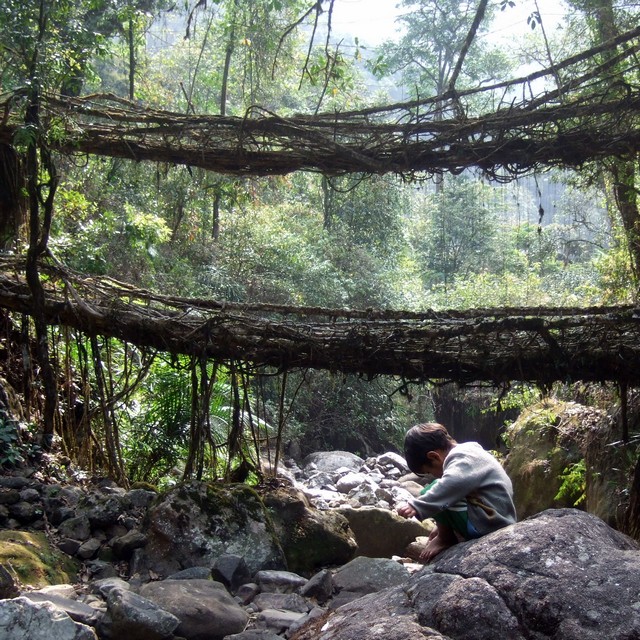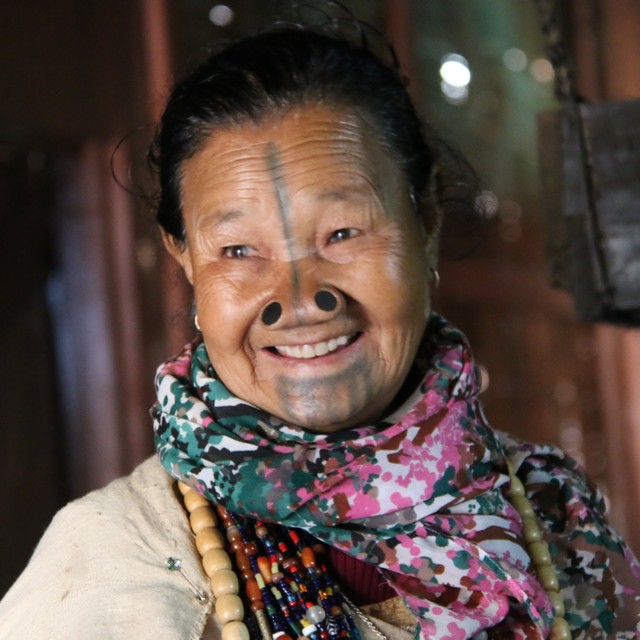
Assam & Nagaland Hornbill Festival
India
Culture | Festivals | Tribal
Wildlife, tribes & rural life in Assam and Nagaland
£0
This is the price per person for a private tour (based on 2 people travelling) excluding international flights. Contact us for pricing for other group sizes including individuals.
14 days
2026:
30 November
More

